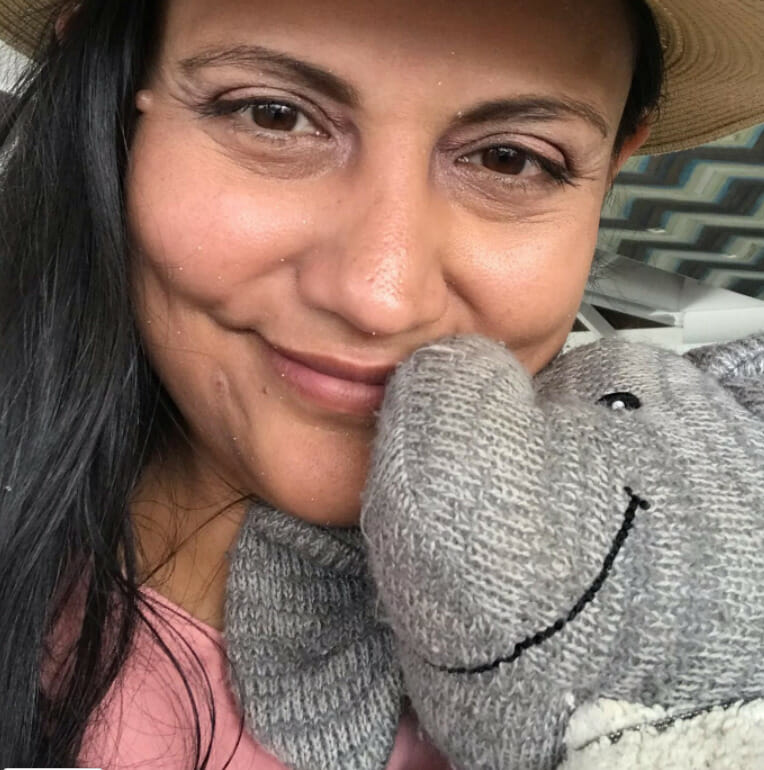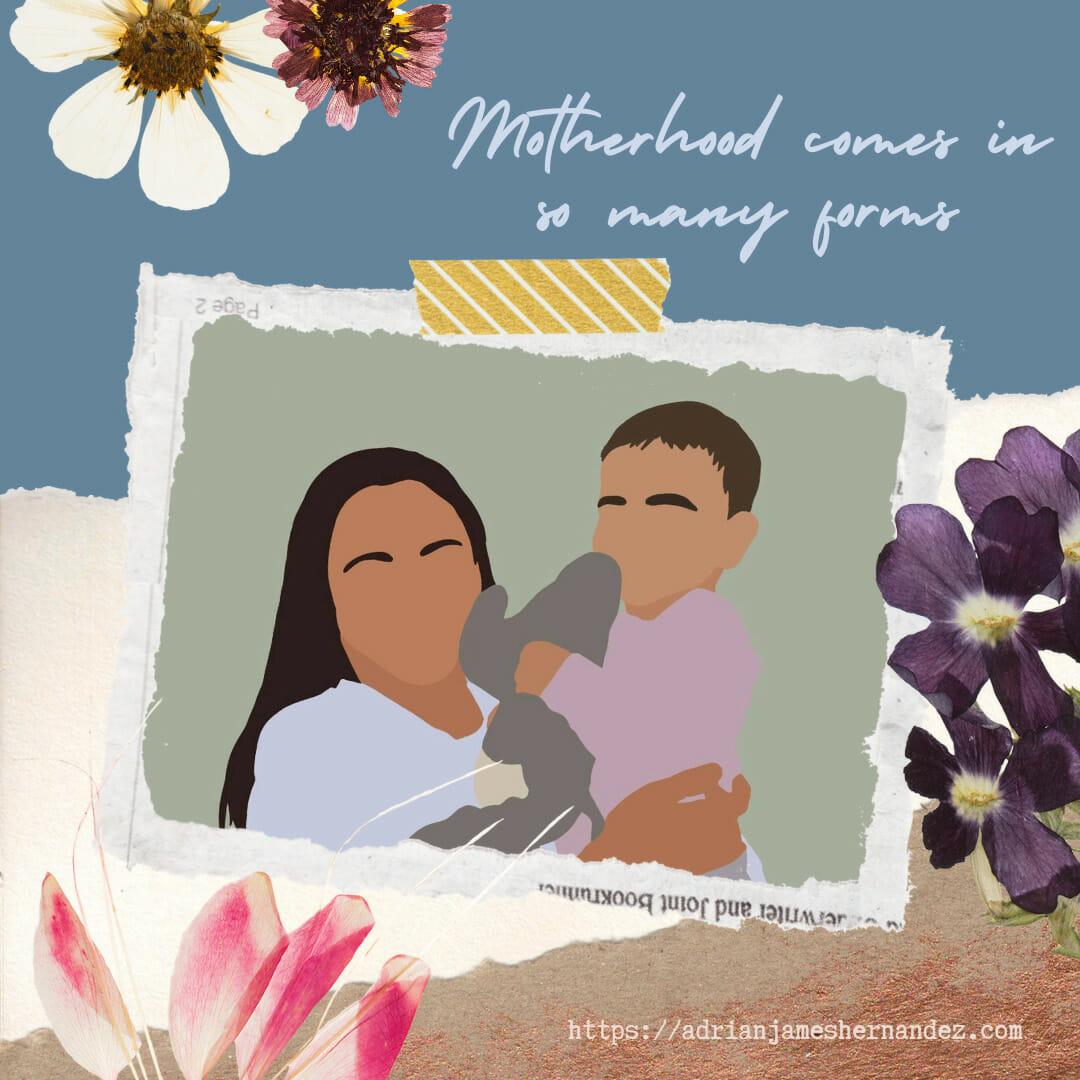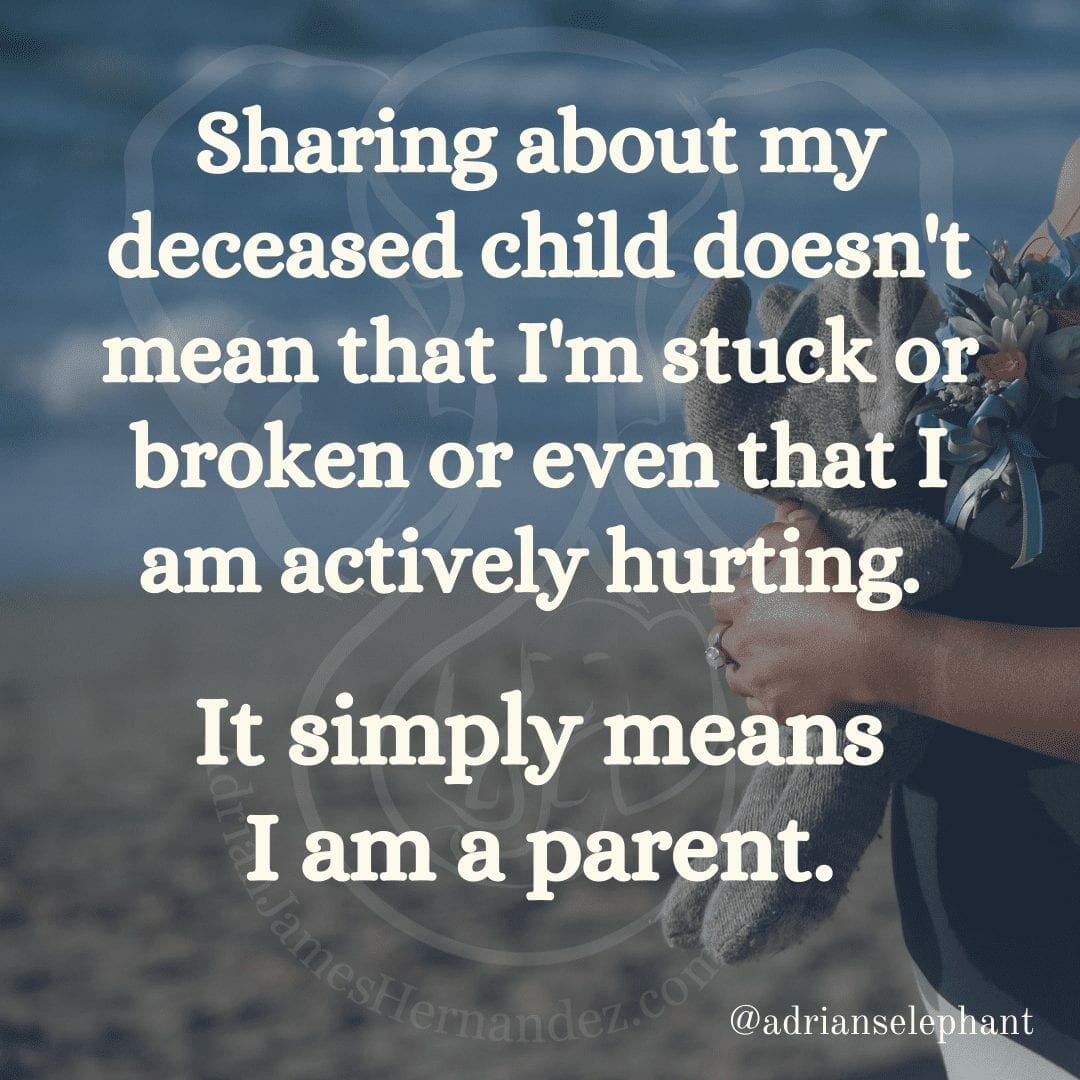Grief is hard in our culture. We don’t often talk about it, and when we do, we feel the need to try to explain:
“It probably happened for a reason”
“At least you didn’t get to know him”
“You must be better off this way”
I don’t think people realize these words can hurt. I know most people speak from the kindest place. And the griever is often asked to consider these kind intentions when words fall short. We certainly try.
I hear you when you say you aren’t trying to hurt me. I hear you, and I give you the benefit of assuming your intentions. Because I know it’s out of good intentions that you say these things to me. And I appreciate, if not your words, then at least your love. It helps so much that you love me.
I have a request, though. And I ask you (as you often ask me), please consider my intentions, and try not to take offense:
When a grieving person tells you a comment is unhelpful, absorb it. Learn and ask questions on what you could say differently. We aren’t trying to shame you; we are only trying to educate. We know you don’t intend to be hurtful, and we want to show you a better way. Grief is hard, and if I, in my grief, become your teacher in how to treat me, please listen. It should be a conversation. And your intentions shine the brightest when this conversation goes both ways.
~
Grievers are individuals. Grief is unique. So I can’t, in this letter, give you words that are universal. But if you want to know a starting point, a place that opens this conversation, some of the best words are also simple:
“I’m sorry”
“I love you”
“I’m here”
And for many, those words may be all you ever need.
Related:
Resources for Friends and Family Supporting Loved Ones after the Loss of a Child
Graphics Blog: Notes for the Support Team
Write Your Grief: The Nuclear Bomb
Write Your Grief: The Nuclear Bomb Part 2








































































































































































